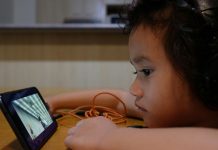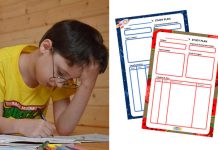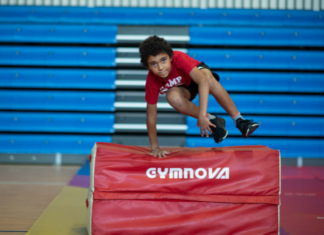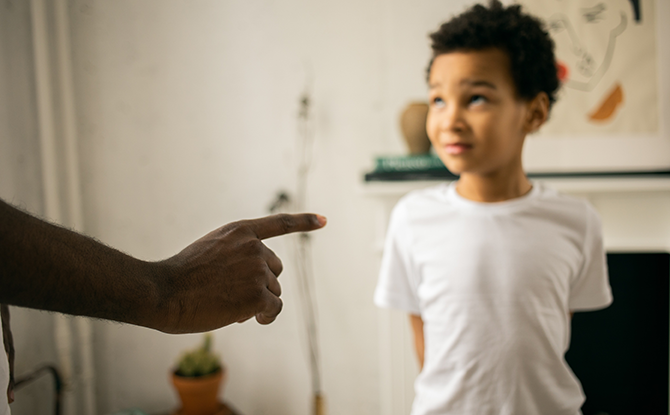
When a child does something “wrong”, what is the first question you usually ask?
“Why did you do that?”
“Why did you hit your brother?”
“Why did you draw on the wall?”
CARNIVAL OF CHRISTMAS CHEER: Celebrate and Win at Plantation Plaza and Northshore Plaza!
SNOW MUCH TO CELEBRATE: Christmas Fun at The Centrepoint
Sounds familiar? Instead of asking your child why, here are some suggestions on what to ask instead. Why? We have a few reasons for this.
Why We Don’t Ask Our Child “Why”
Reason 1: Our child is not developmentally ready to give a reason
Chances are, it was an impulsive act. Your child would not be able to give the reason for the misbehaviour. Depending on the age, children may not be able to process nor express what they think or feel. The thoughtless act usually results in a moment of folly or pure reactionary behaviour.
Reason 2: The answer is usually “I don’t know”
We usually hear the answer “I don’t know” which might frustrate us more. Because our child is ill-equipped to give us a reason, we should not expect them to. Sometimes, they may even resort to lying or trying to justify their actions. This might not have great outcomes for themselves or you.
Reason 3: We should encourage reflection
Getting your child to give you a reason for his or her action can sometimes be counterproductive. Rather than getting a confession or a rationalisation, we should encourage a process of reflection.
How? Here are some alternative questions to ask.
Asking Your Child “How” and “What” Questions
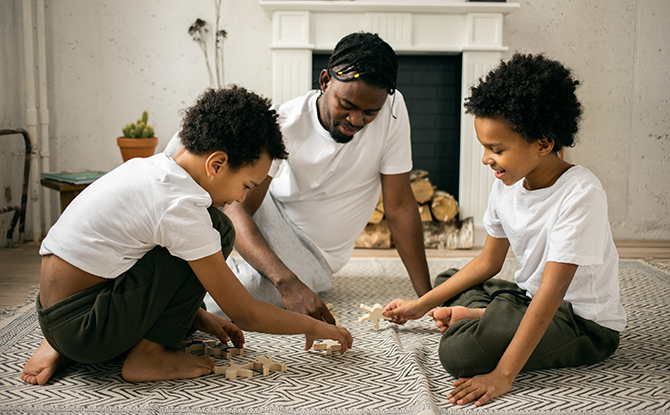
Instead of asking why, ask alternative questions that would help the child talk about what happened and reflect on the incident that transpired.
Here are some examples:
1. State what you observe and then ask about the details of the incident in a non-accusatory tone and calm manner.
“I see your little sister crying, please tell me what happened earlier.”
“The juice has spilt on the table, what happened there?”
“When I was in the call, what was the arguing about?”
2. Prompt your child to think of the solutions.
“How can you help to solve the problem?”
“She looks upset, how can we help her?”
“Let’s think of some ways to handle this in a different way.”
3. Help your child to reflect and learn from the experience
“How do you think we can prevent this accident in future?”
“How can I help you to make sure it does not happen again?”
“How did you/they/he/she feel when you were doing that? Is that okay?“
“What do you think you can do next time?”
Refrain from Asking “Why”, Ask “How” and “What”
It might be a habitual to ask your child why, but remember that doesn’t always give you the answers you want or need. We can work with our children and help them in their misbehaviour through asking “how” and “what” questions. Our child will thrive with our guidance and ability to listen to them as they grow and learn.










